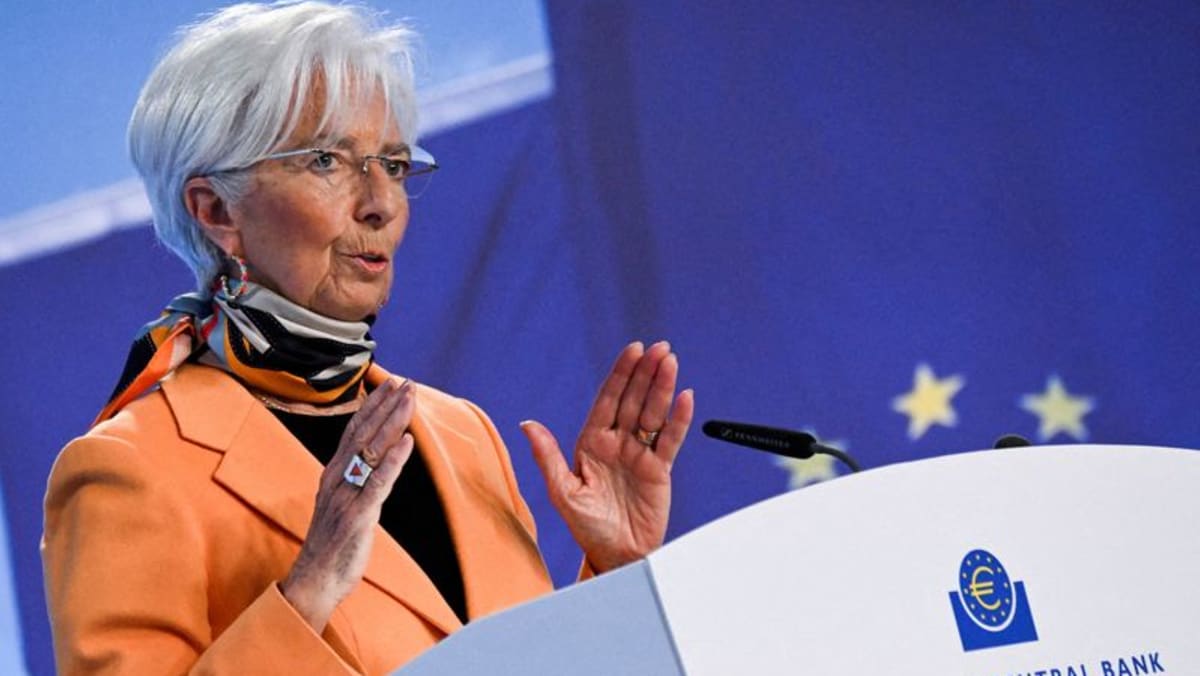JACKSON HOLE, Wyoming: An influx of foreign workers has given the euro zone’s economy a boost in recent years, helping offset shorter working hours and lower real wages, European Central Bank President Christine Lagarde said on Saturday (Aug 23).
Migration into the European Union pushed its population to a record last year despite declining births but governments are placing curbs on new arrivals in response to domestic discontent.
Lagarde listed a rise in the number of workers from outside the 20 countries that share the euro as a factor that supported the bloc’s economy despite a growing preference for fewer working hours and a fall in living standards in some sectors.
“Although they represented only around 9 percent of the total labour force in 2022, foreign workers have accounted for half of its growth over the past three years,” Lagarde said in a speech at the US Federal Reserve’s annual symposium in Jackson Hole, Wyoming. “Without this contribution, labour market conditions could be tighter and output lower.”
She said gross domestic output in Germany would be around 6 percent lower than in 2019 without foreign workers and added Spain’s strong economic performance since the end of the COVID-19 pandemic also owed much to the contribution of foreign labour.
The EU’s population rose to a record 450.4 million people last year as net immigration offset a natural population decline for the fourth straight year.
